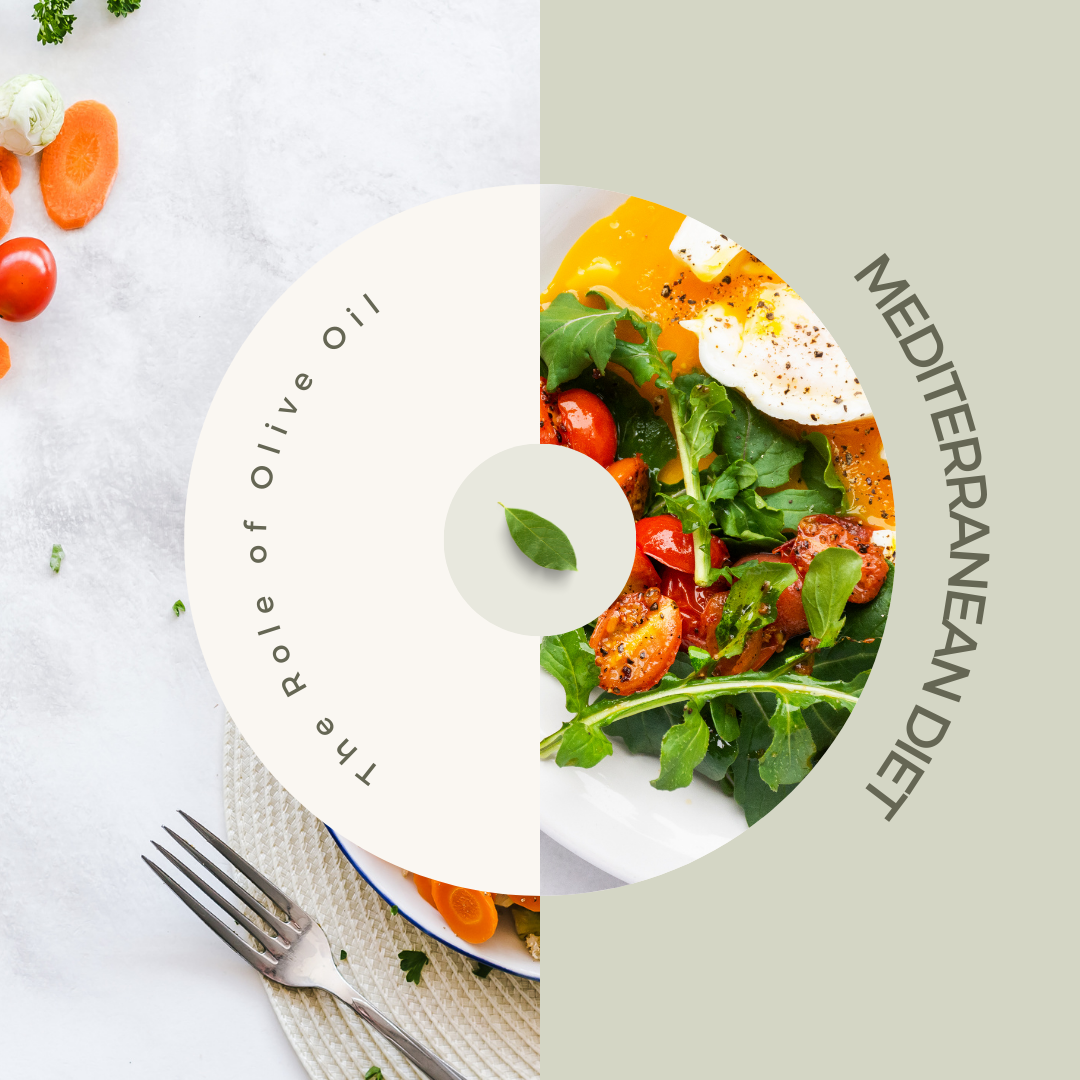The Mediterranean diet has gained immense popularity over the years, and for good reason. This eating pattern is not just a diet; it’s a lifestyle that emphasizes fresh, wholesome foods and healthy fats. At the heart of this culinary tradition lies one of its most celebrated ingredients: olive oil. Let’s explore how this golden liquid contributes to the health benefits of the Mediterranean diet and why you should consider incorporating it into your daily meals.
What is the Mediterranean Diet?
The Mediterranean diet is inspired by the traditional eating habits of countries bordering the Mediterranean Sea, such as Greece, Italy, and Spain. It focuses on:
- Fruits and Vegetables: A wide variety of colorful produce forms the foundation of this diet, providing essential vitamins, minerals, and antioxidants.
- Whole Grains: Foods like whole grain bread, pasta, and rice are staples, offering fiber and energy.
- Legumes and Nuts: These are excellent sources of protein and healthy fats, contributing to satiety and overall health.
- Fish and Poultry: Lean proteins, particularly fish rich in omega-3 fatty acids, are favored over red meats.
- Dairy: Moderate amounts of dairy, primarily in the form of yogurt and cheese, are included.
- Healthy Fats: Olive oil is the primary source of fat, replacing butter and other unhealthy fats.
The Benefits of Olive Oil
Olive oil is more than just a flavorful addition to dishes; it is packed with health benefits that align perfectly with the principles of the Mediterranean diet. Here are some reasons why this oil deserves a prominent place in your kitchen:
- Heart Health: Rich in monounsaturated fats, unrefined olive oil can help lower bad cholesterol levels while increasing good cholesterol. This balance is crucial for maintaining a healthy heart.
- Anti-Inflammatory Properties: The antioxidants in olive oil, particularly oleocanthal, have been shown to reduce inflammation in the body. This can be beneficial for individuals with chronic inflammatory conditions.
- Weight Management: Incorporating healthy fats like olive oil can promote feelings of fullness, helping to regulate appetite and prevent overeating.
- Cognitive Function: Some studies suggest that the Mediterranean diet, with its emphasis on olive oil, may help protect against cognitive decline and reduce the risk of Alzheimer’s disease.
How to Incorporate Olive Oil into Your Diet
Adding olive oil to your meals is simple and versatile. Here are some delicious ways to enjoy it:
- Dressings and Marinades: Whisk olive oil with vinegar, lemon juice, and herbs for a fresh salad dressing or marinade for meats and vegetables.
- Cooking: Use olive oil for sautéing vegetables, grilling fish, or drizzling over roasted dishes to enhance flavor.
- Dipping: Serve high-quality olive oil with crusty bread as a tasty appetizer. You can add herbs or spices for extra flavor.
- Finishing Touch: Drizzle olive oil over soups, pasta, or pizzas just before serving for added richness.




Leave a comment
All comments are moderated before being published.
This site is protected by hCaptcha and the hCaptcha Privacy Policy and Terms of Service apply.